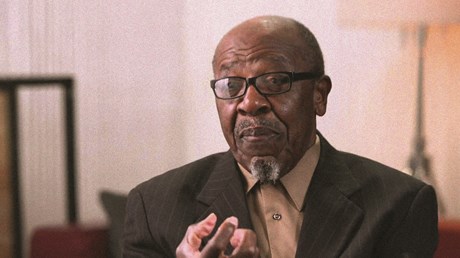An excerpt from ‘Dream with Me: Race, Love, and the Struggle We Must Win.’

When my family and a team from our ministry moved to Jackson, Mississippi, in 1972, we purchased several buildings, including a rundown house in one of the roughest and poorest neighborhoods in town. The old house was very big, and we called it the Samaritan Inn. The idea was for it to be a temporary place to stay for people who were visiting from out of town or didn’t have a place to live or were stuck because their car broke down. It wasn’t so much a shelter as it was a guesthouse.
We figured we would mostly reach out to black folks in the area, and we did. But the first people to come to the Samaritan Inn were a white, dirt-poor couple from out of town whose vehicle had broken down. They had no other place to go.
In New Hebron, Mississippi, I grew up around poor whites who felt they were better than blacks and expected us to move out of their way when they were walking down the street. They experienced all of the advantages of being white. They were oppressors, and common knowledge through the years was that in rural areas, poor whites sought to become sheriffs, cops, or guards in order to have some power over society. So we did not have a great relationship with them. At the time, I didn’t realize these whites had also been damaged and that oppressing blacks gave them a sense of worth—a twisted sense of value, no doubt, but in their eyes, value nonetheless.
When our poor white guests arrived at the Samaritan Inn, I was caught off guard. I wanted to treat them like many people want to treat the poor: I was going to buy and prepare them food and even wash their dishes. Such acts of kindness would have made me feel good but also might have made them feel as if they couldn’t think for themselves. …
Source: Christianity Today Most Read